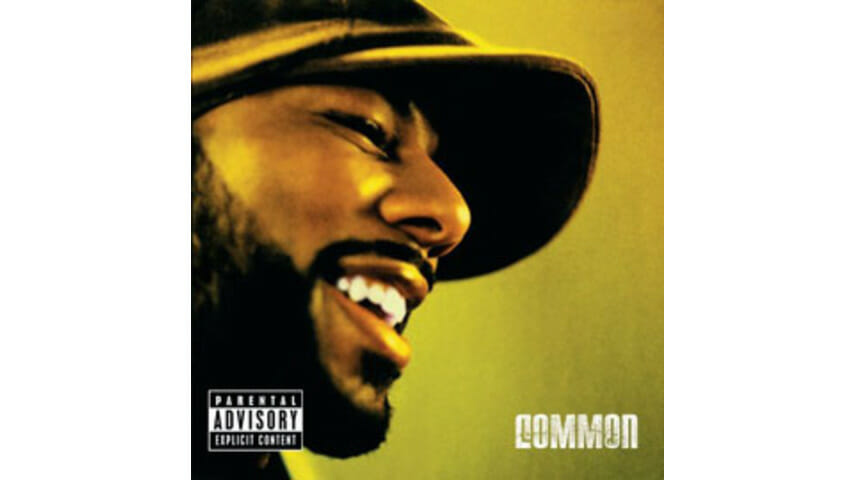Common – Be

Close, But No Coronation: Common turns out solid, enjoyable yet over-hyped hip-hop record
What is it about hip-hop that provokes early album-of-the-year coronations? Two years ago, Outkast’s filler-heavy Speakerboxxx/The Love Below was over-celebrated even before its release, last year Kanye West’s February release College Dropout drew (okay, largely accurate) accolades. Now here we are in early June, and Common’s Be has already been handed the championship belt for hip-hop’s 2005 season by virtually every music outlet working. As a Chicagoan, it pains me to play the devil’s advocate about the current pride of the city, but it just ain’t so.
Which is not to say that Be is a bad album—far from it. A collaboration with fellow South-sider Kanye and Detroit representative Jay Dee, Common finds himself hitting a stride not seen since his underground staple Resurrection. The soul and jazz-loop landscapes the producers set Common against highlight his classic, laidback flow, and the rapper answers with Olympic performances like the playful “The Food” and the percussive “Corners.” Yet the real reason so many critics find themselves inflating Be with all the hype they can muster has little to do with the album’s actual music.
-

-

-

-

- Curated Home Page Articles By Test Admin October 21, 2025 | 3:10pm
-

- Curated Home Page Articles By Test Admin October 21, 2025 | 2:57pm
- Urls By Test Admin October 21, 2025 | 2:57pm
- Curated Home Page Articles By Test Admin October 21, 2025 | 2:55pm
-

-

-

-

-

-

-

-

-

-

-

-

-

-

-

-

-

-

-

-

-

-

-

-

-

-

-

-

-

-

-




































